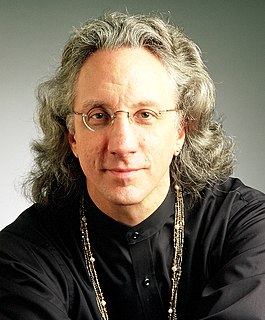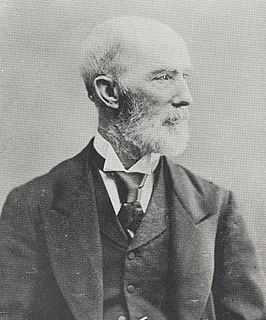A Quote by Edwin Percy Whipple
Wit implies hatred or contempt of folly and crime, produces its effects by brisk shocks of surprise, uses the whip of scorpions and the branding-iron, stabs, stings, pinches, tortures, goads, teases, corrodes, undermines.
Related Quotes
We have to wage peace. That's the law of the spirit is the waging of peace, because if we simply seek to manage the effects of hatred, which does need to be done, of course. But if all we do is manage the effects of hatred, then hatred will simply stalk us the next decade or the next generation. We need to dismantle hatred itself.
To be in love- where scorn is bought with groans,
Coy looks with heart-sore sighs, one fading moment's mirth
With twenty watchful, weary, tedious nights;
If haply won, perhaps a hapless gain;
If lost, why then a grievous labour won;
However, but a folly bought with wit,
Or else a wit by folly vanquished.
This fellow is wise enough to play the fool; And to do that well craves a kind of wit: He must observe their mood on whom he jests, The quality of persons, and the time, And, like the haggard, check at every feather That comes before his eye. This is a practise As full of labour as a wise man's art For folly that he wisely shows is fit; But wise men, folly-fall'n, quite taint their wit.

































